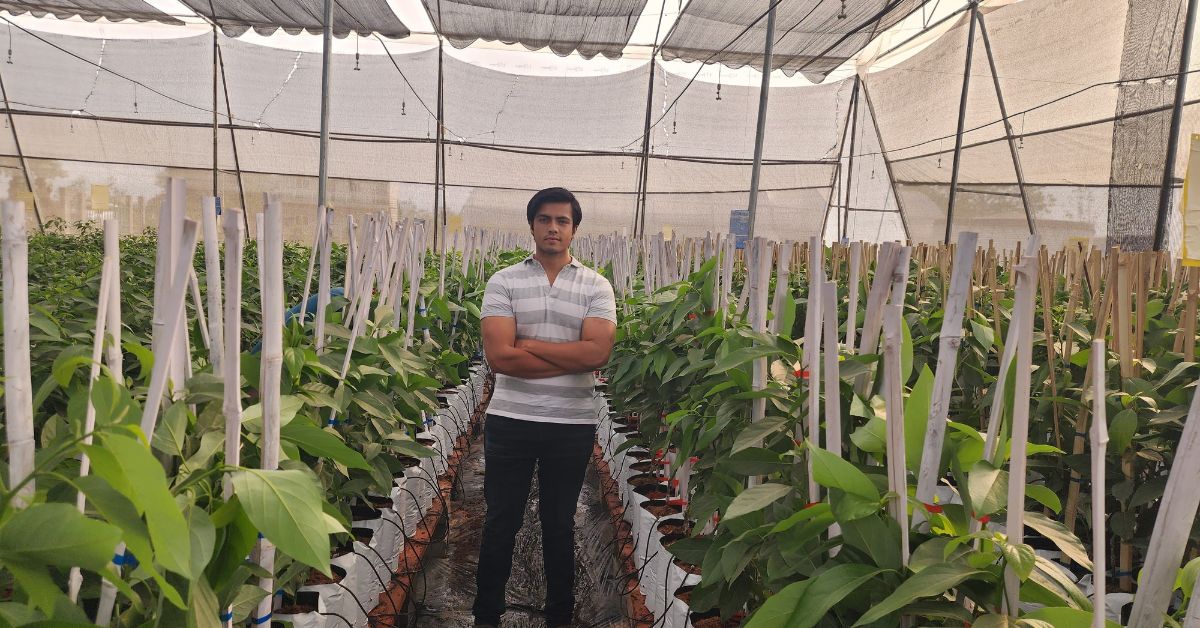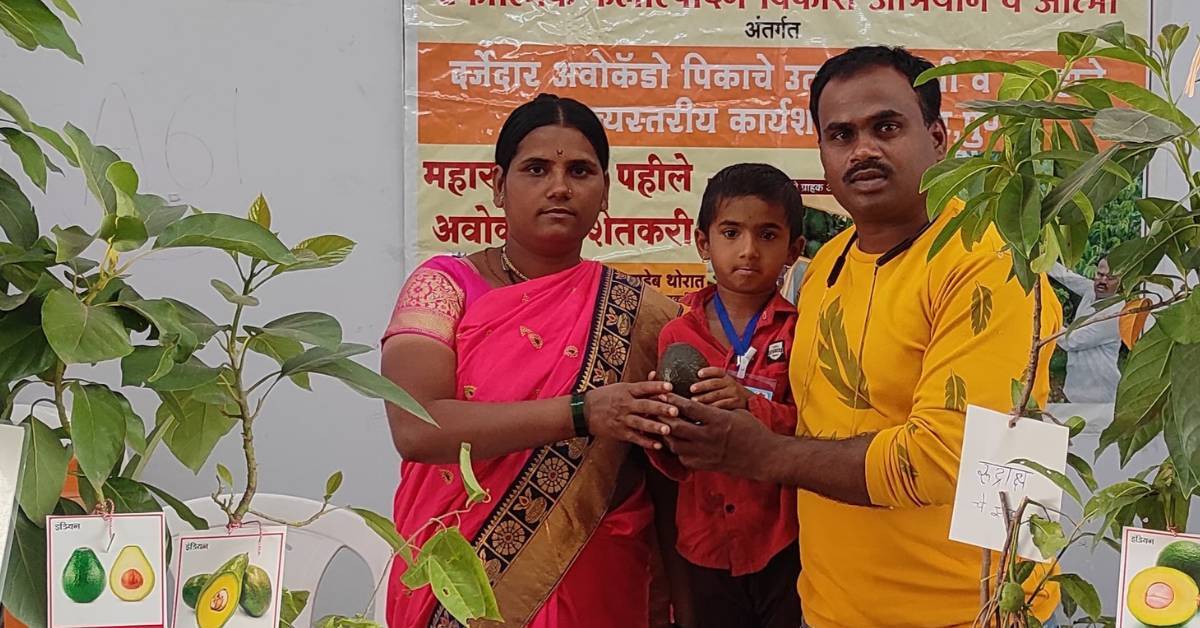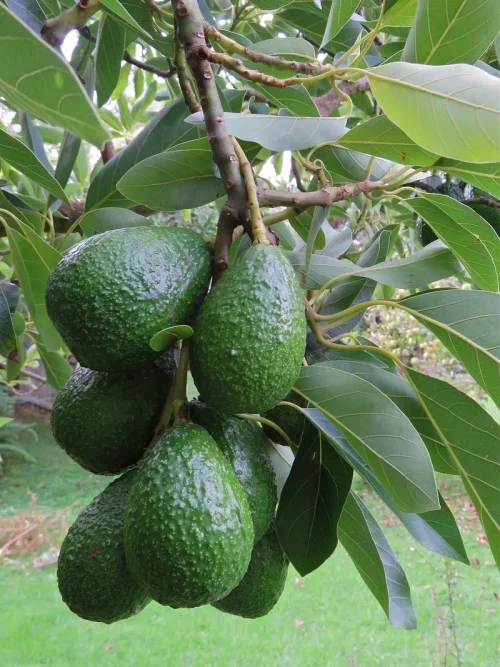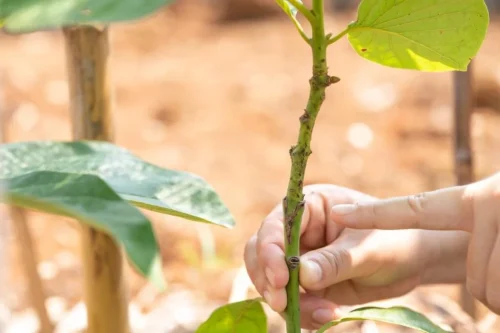Avocado farming, while relatively new to many regions in India, has been embraced by several farmers who are successfully cultivating the fruit using innovative techniques and sustainable practices.
Here, we share some valuable tips from these successful farmers who have mastered the art of growing avocados in diverse climates, from tackling water scarcity to selecting the best varieties.
1. Ensure a reliable water source
Harshit Godha, an urban farmer from Bhopal, Madhya Pradesh, stresses the importance of securing a reliable water source, especially in hot climates. “In regions like the Northeast, natural rainwater is usually sufficient. For other areas like Punjab, Madhya Pradesh, or Chhattisgarh, a dependable water source is crucial,” he advises. He also suggests practising rainwater harvesting, as avocados require consistent and precise irrigation for optimal growth.
2. Choose the right variety of avocado plants
Selecting the right avocado variety suited to local conditions is key. Harshit offers valuable advice on sourcing high-quality plants, he says, “I offer a 100% buy-back guarantee, ensuring that my customers won’t have any problems selling their produce. I source the plants from Israel, where extensive research has been conducted on avocados over the last 60 years.” Israeli varieties, known for being drought-resistant and high-yielding, are particularly suitable for Indian conditions.

3. Select the right space for planting avocados
Sureshchandra Patel, a retired government officer, has changed his farm in Dungri, Valsad, Gujarat into a lush garden with a variety of fruits, including avocados. He highlights the importance of creating the right environment for avocado plants. Proper spacing and planning of your avocado plants are key to allowing them to grow optimally.
4. Use organic methods for healthy growth
Parmeshwar Thorat, an avocado farmer in Beed, Maharashtra, advises the use of organic methods in the farm. Initially, he used chemical fertilisers and pesticides, but he switched to natural methods after learning about organic practices.
By using cow dung manure, he ensures healthy avocados while meeting the growing consumer demand for organic and chemical-free produce.

5. Start with small planting and diversify gradually
Chethan Shetty, a former professional who now runs a 10-acre farm in Bellare, Karnataka, advises new farmers to start small and diversify gradually. He began by planting rambutan, mangosteen, and tender coconut, along with avocado.
This gradual diversification allowed him to explore different crops and find what worked best, including avocado cultivation. This approach helped him experiment and learn without taking too much risk early on.

6. Use grafting to improve yield and plant lifespan
Parmeshwar highlights the importance of grafting in enhancing yield and plant longevity. “Grafting is a game-changer,” he says. “It extends the lifespan of avocado plants and boosts their yield potential.”
By grafting scions from his existing plants onto rootstocks from Tamil Nadu, Parmeshwar has significantly improved the productivity of his trees.

7. Embrace adaptability and perseverance
He also focuses on the importance of adaptability and perseverance. “Farming is not easy. There will always be challenges, but with determination and a willingness to learn, you can overcome anything.” He encourages farmers to stay resilient in the face of adversity, continuously adapt to changing conditions, and research more about the farming process.
Edited by Arunava Banerjee
No comments:
Post a Comment